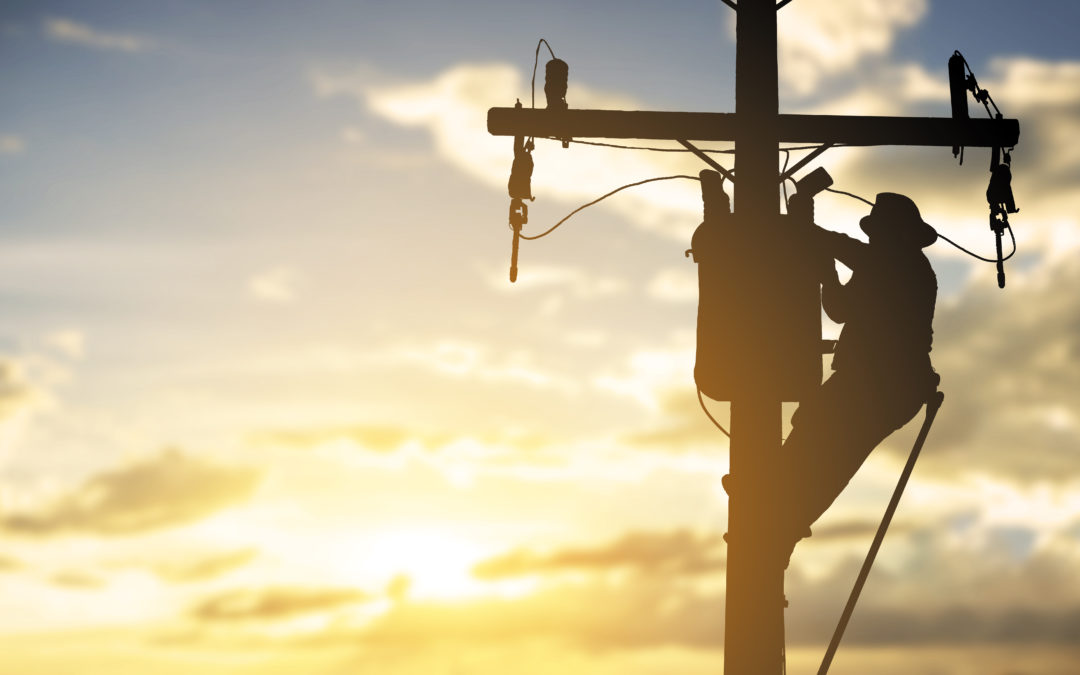TCCFUI has expressed general support for the broadband expansion efforts included in HB 3853, but also urged the PUC to keep electric ratepayers in mind during implementation.
________________________________________________
 Sweeping regulatory changes that pertain to the expansion of broadband access to underserved areas — and that include stipulations recommended by TCCFUI — have received the go-ahead from the Texas Public Utility Commission.
Sweeping regulatory changes that pertain to the expansion of broadband access to underserved areas — and that include stipulations recommended by TCCFUI — have received the go-ahead from the Texas Public Utility Commission.
The new regulatory action occurred April 4 when the PUC adopted final rules to implement House Bill 3853 from the most recent legislative session. HB 3853 sets forth guidelines for broadband expansion in rural areas and relates particularly to the “middle mile” segment of telecommunications networks — that is, the physical mid-section that does not link directly to homes and businesses, but that nonetheless enables such connectivity. Under the new law, electric transmission providers can lease their ratepayer-financed lines to internet providers so they can expand middle mile connectivity in rural and other underserved areas.
In comments filed January 18, TCCFUI and a separate city coalition, the Steering Committee of Cities Served by Oncor (“OCSC”), expressed general support for the broadband expansion efforts from HB 3853, but also urged the PUC to keep electric ratepayer protections in mind as it implements the 2021 law.
“As coalitions of cities across the state, OCSC and TCCFUI have witnessed the disparate access to broadband within our communities and share a desire to bridge the gap to that access,” wrote attorney Jamie L. Mauldin on behalf of the coalitions. “Therefore, Cities want to ensure the successful implementation of this rule for maximum benefit, but also ensure that costs are appropriately recovered and credited back to captive electric utility ratepayers.”
PUC FINAL ORDER
In its April 4 final order, the PUC expressed support for many of the principles set forth by the city coalitions. For instance, the agency agreed that the new rules for HB 3853 “should include additional protections for ratepayers in case a utility is unable to recoup costs associated with middle-mile broadband service.”
In addition, the PUC agreed with city recommendations to add definitions of “unserved area” and “underserved area” to the rule, and agreed with other recommended word changes to ensure the rule comports more closely with HB 3853.
Importantly, the PUC also included key protections for municipal governments, as recommended by the city coalitions.
“The commission agrees with Cities that local governments should receive notice when an electric utility submits a written middle mile broadband plan for consideration by the commission,” the April 4 order states. “Furthermore, to the extent that a local government believes it has a justiciable interest in a middle mile proceeding, it may file a motion to intervene in the proceeding.”
More information about the PUC’s implementation of HB 3853 and the PUC’s final order can be found on the agency’s website under PUC Docket No. 52845. A number of other stakeholders — including the state Office of Public Utility Counsel and the Texas Cable Association— also filed comments in the rulemaking.

